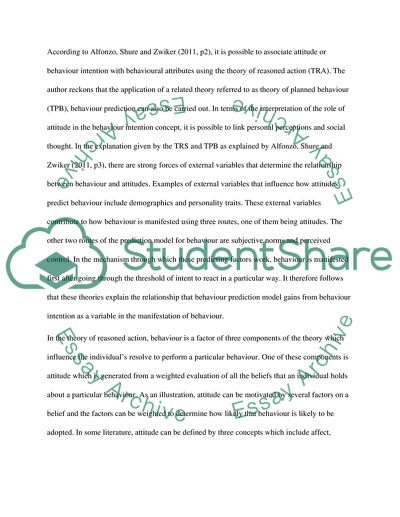Cite this document
(“Do Attitudes Predict Behaviour Essay Example | Topics and Well Written Essays - 1500 words”, n.d.)
Retrieved from https://studentshare.org/psychology/1587616-do-attitudes-predict-behaviour-examine-the-strength-of-the-link-between-attitudes-and-behaviour
Retrieved from https://studentshare.org/psychology/1587616-do-attitudes-predict-behaviour-examine-the-strength-of-the-link-between-attitudes-and-behaviour
(Do Attitudes Predict Behaviour Essay Example | Topics and Well Written Essays - 1500 Words)
https://studentshare.org/psychology/1587616-do-attitudes-predict-behaviour-examine-the-strength-of-the-link-between-attitudes-and-behaviour.
https://studentshare.org/psychology/1587616-do-attitudes-predict-behaviour-examine-the-strength-of-the-link-between-attitudes-and-behaviour.
“Do Attitudes Predict Behaviour Essay Example | Topics and Well Written Essays - 1500 Words”, n.d. https://studentshare.org/psychology/1587616-do-attitudes-predict-behaviour-examine-the-strength-of-the-link-between-attitudes-and-behaviour.


